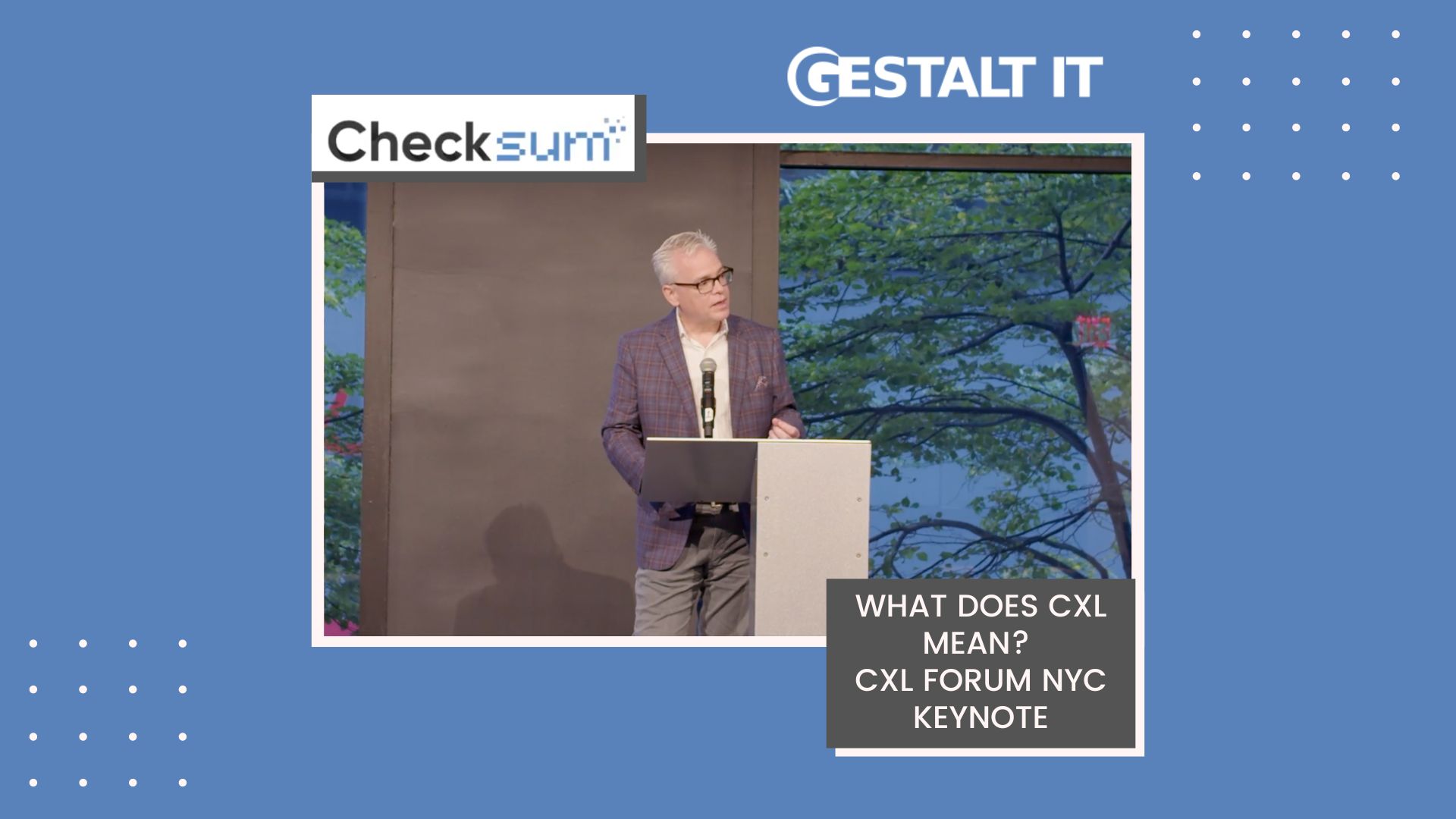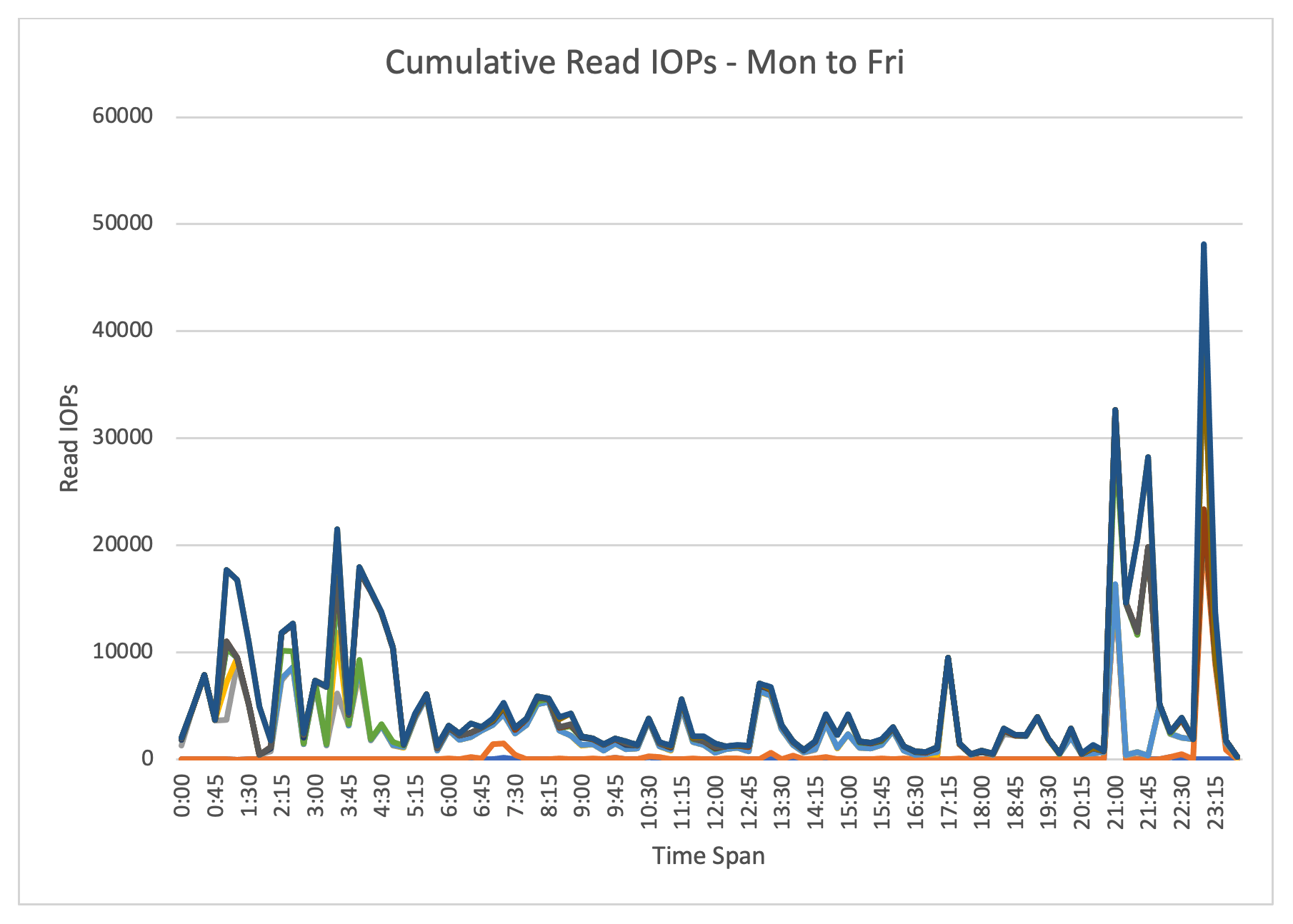To say virtual events have become common in 2020 is an almost criminal case of understatement. For almost every event, there don’t seem to be other options given the current pandemic. That’s why it’s so shocking to see events being planned for physical events like the CTA did when they said CES 2021 was going forward in Vegas. That got me thinking, why are we so quick to jump back into physical events? Is it just a craving for any type of normalcy? What are the actual advantages? And why are we so quick to turn away from the very real advantages of our virtual event reality?
Transcript of Checksum Episode 5: Virtual Events Are More Than “Good Enough”
The Consumer Technology Association announced last week that the Consumer Electronics Show, its annual bacchanalia of the latest in tech and gadgets, is still on schedule to be an in-person event in 2021. This event usually happens in the first week of the year, and fills up just about every convention and meeting space in Vegas with companies seeking throngs of humanity to pitch their latest smart gadget, TV concept, or 3D printer.
This announcement seemingly bucks the trend of 2020 of having all events be virtual. And by “trend” I mean unavoidable fact due to a global pandemic. Even though January is a long way off, and the CTA says the event will have significantly expanded digital presence, it’s still kind of shocking today to see an organization plan for a large scale physical event like that.
So in a year that’s seen virtual events come into their own, out of sheer necessity, why is the CTA trying to go old school? And I guess the bigger question, why aren’t virtual events good enough?
So for CES, I think some of the insistence on trying to do an in-person event comes down to it being a trade show. While the spectacle of keynotes and the latest gadgets certainly generates a lot of tech news cycles, the whole reason the show actually exists is for a lot of companies to do business. There are companies looking for distribution, partnerships, and integrations. There’s a reason there are legions of OEMs you’ve never heard of lining the show floor, and it’s not because they’re trying to get featured on a tech blog. They’re trying to sell stuff to other companies. That kind of old school horse-trading is done in Vegas suites, but it is pretty important. That doesn’t mean it couldn’t happen virtually, just that there’s more going on in person than some may realize at the event.
But let’s get off of CES specifically, we’ll see if it actually happens. What is the appeal of physical events that someone like the CTA wants to rush back into having them? I mean aside from pressure from the Vegas hospitality industry.
Certainly, a sense of returning to normalcy is something everyone can relate to. The tug of going back to the way it was can seem almost irresistible at times. But let’s set aside completely justifiable pre-pandemic nostalgia. What are the benefits of physical events?
The first thing that comes up is the idea of being in extended physical proximity to like-minded people. It’s kind of like choosing to live on a college campus; the idea is that you’re surrounded by a group of people kind of all going through the same thing, and like those college students event attendees also like hitting the bars together.
It’s this idea that physical events have so many side channels of communication that create residual value for attendees. In between presentations, meetings, and other formal event proceedings, the trips on transportation, shared meals, and other necessities of being together, create networks that might not otherwise be created.
So the shift to virtual events becomes a matter of what is lost. Indeed the caveat virtual event is a qualifier to the whole proceeding, that it’s somehow lesser than simply “an event”, which we all understand to be inherently held in physical space.
But much of that qualification comes from virtual events traditionally being supplemental to in-person ones. The consolation prize for the person whose company didn’t deem them worthy to send. “You don’t get to fly out for some free food and entertainment, but you can watch this keynote in front of a monitor for a few hours. Also, we still need you to work the whole time.” In that light, it’s easy to see why virtual events can come up short.
But because virtual events are now forced to replace physical ones, not merely supplement, the true advantages of them are coming through. For one, event planning doesn’t need to be nearly as ponderous. I see the work that goes into creating physical events like Tech Field Day, and because you’re putting people in physical space, it requires a ton of logistics. This isn’t aided by the fact that many venues used for events simply don’t have usable web front ends that make booking all that much slower.
Planning almost any physical event is a matter of months, both to make necessary plans but also to allow attendees to set up travel themselves. Virtual events have a supreme advantage here. Not only is the organizing process a lot more streamlined, you’re dealing with online platforms rather than calling individual venues, but you’re able to realize an event so much quicker! This allows events to change from these static save the date occasions that have to be a reflection of whatever is happening in an industry to something that can actually be a fairly quick response to what is happening.
But the biggest thing to consider is how virtual events change who can not just attend but participate in these events. To attend a physical event, you need to be in a position to get work approval or take time off, and then not have any family or other social obligations for a few days. This alone is supremely disqualifying to a lot of people. Never mind the one in four people who live with disabilities and for whom any travel presents additional stress.
Now consider who can present at events. This has all the same caveats as just attending the events, but then adds in the additional stress of giving a presentation to a room full of strangers. Public speaking is the most common fear out there for a reason — it’s a big mountain to climb. There are so many people that have valuable content to share but that a live venue where you travel to speak to a group of strangers just isn’t feasible. With virtual events, there’s less of an imperative on live content. Pre-recording not only allows you to get rid of performance anxiety, but also raises the bar on what to expect from content in general. Let’s face it in IT, many conferences have a lot of faces that look like me in attendance and speaking. White dudes. IT companies like to talk about promoting diversity, and I think virtual events should be a key part of that initiative. They broaden who can see and speak, leveling the playing field in a very meaningful way.
The good thing here is that we’re still in the early days for virtual first events. Because we’re going to have months to dog fooding these while replacing an entire event calendar, we’ll undoubtedly come up with ways to create additional networks in these virtual events. You’re already seeing it with breakout rooms on Zoom conferences.
In the end, post-pandemic, I think we’ll see physical events for the privilege they are, and virtual events as a real opportunity going forward.




